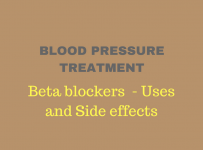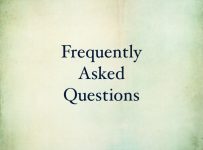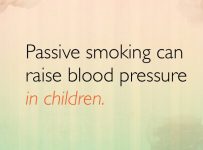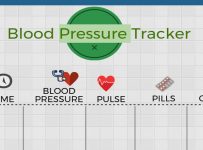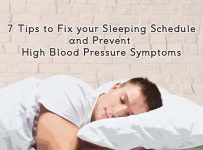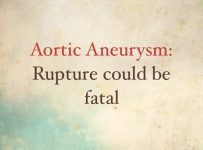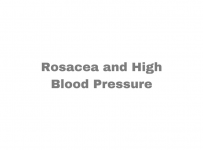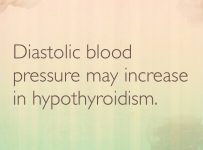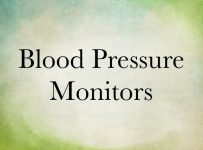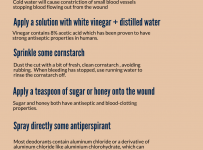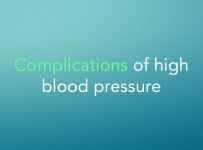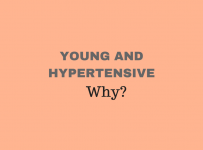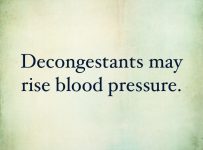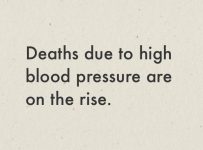1. High Blood Pressure for No Reason
High blood pressure could have no identifiable reason. This kind of high blood pressure is called primary or essential hypertension and is the most common type of high blood pressure. To establish the diagnosis of essential hypertension, a complete diagnostic workout is needed to rule out other causes (kidney disease, endocrine disease, heart disease)
2. Sleep Apnea Increases Blood Pressure
More than 20 million of Americans suffer from sleep apnea. This very common sleep disorder causes interrupted breathing several times during sleep. There are 3 types of sleep apnea: Obstructive, central and mixed. Obstructive sleep apnea occurs when the upper airways become blocked during sleep due to throat muscles relaxation that allows the tongue and fatty tissues of the throat to fall back and block the passage of air into the lungs. Central apnea is the result of certain neurological disorders that affect brain area responsible for respiration control. All types of apnea lead to bad oxygenation of the body. During apnea, vital organs like heart and kidneys have to work harder to keep optimal oxygen levels in the blood, by increasing the blood flow. This results in frequent blood pressure spikes
3. Salt
The average American’s sodium intake is much more than the recommended dosage. The AHA recommends people aim to eat no more than 1,500-2,300 mg per day. Most Americans consume an average of 3,400 milligrams of salt a day.
4. Decongestants
Did you know those nasal decongestants may raise blood pressure? These medications are used to combat allergy and most of them contain certain ingredients that raise blood pressure like for instance pseudoephedrine. How can you distinguish drugs that contain these ingredients? One helpful tip is to watch for the letter “D” after the brand name, which means that the remedy contains such a substance. If you have high blood pressure, look for warnings about high blood pressure on your medications.
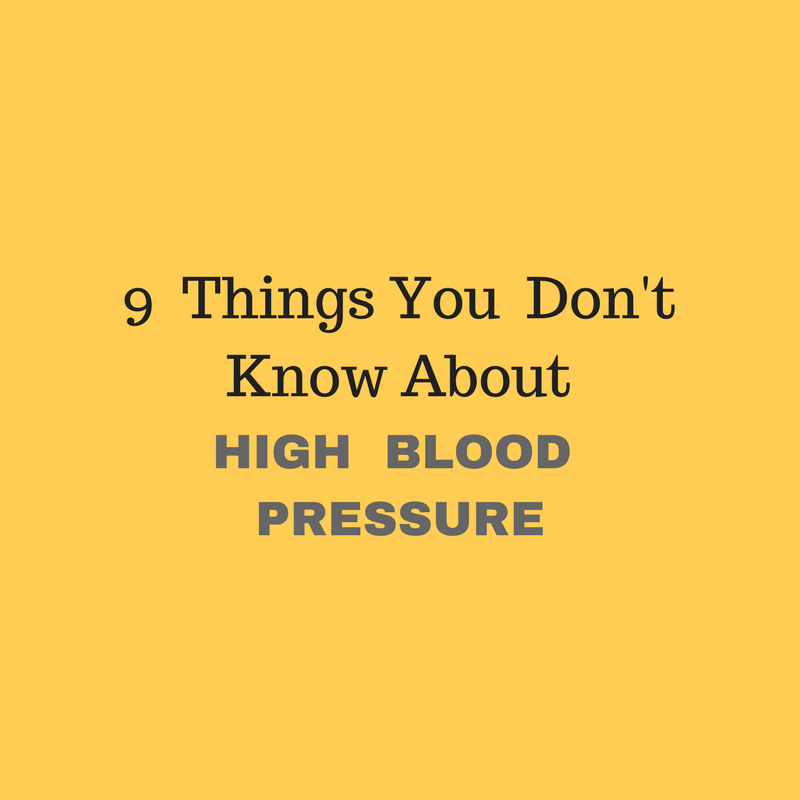
5. Alcohol Cons are More Than Pros
The AHA recommends no more than two drinks per day for men and one drink per day for women. Drinking too much alcohol can have a negative effect on your blood pressure. Alcohol makes central nervous system unable to control blood vessel response to higher blood flow (as for example during stressful conditions). Occasional binge drinking could be harmful too for someone with borderline hypertension.
6. Hot Tubs and Saunas
An increase in blood pressure can be caused by alternating between cold water and hot water or saunas especially for elderly people whose blood vessels lack elasticity. Every blood vessel is like a tube with expandable walls. Increased blood flow will expand the vessels which are supposed to
7. Weight gain
A healthy weight is essential for good heart function, but most people do not know that losing as little as five to ten pounds may help lowering blood pressure!
8. Could be also a good thing
As people get older, arteries and heart valves lose their elasticity, making it harder for the heart to pump blood effectively. Consequently, the body may need a little more pressure to provide the necessary amount of blood to vital organs. This means that they need the maximum limit allowed for their age. This The reasons why some people’s blood vessels lose their elasticity sooner than others are not clear. In such cases, it is not always worthy to treat mild hypertension (140-149 systolic, 90-99 diastolic). It has been observed that antihypertensive medication for people with mild hypertension only, does not reduce deaths from heart attack and stroke.
9. High blood pressure by itself isn’t a problem
High blood pressure alone with no risk factors like: heart disease, diabetes, obesity and high cholesterol is not a major concern. For instance, if you suffer from an aneurysm of the aorta (an abnormal enlargement of the biggest vessel of the body originating from the heart) you must keep your blood pressure low to prevent a fatal rupture of an aneurysm. Your doctor will use the Framingham calculator to estimate your risk of having a cardiovascular event. The score of this calculation will help to decide if you really need medication or not.
Read more: Kidney Disease Increases Blood Pressure

